Volume -6, Issue -3 Feb 2020
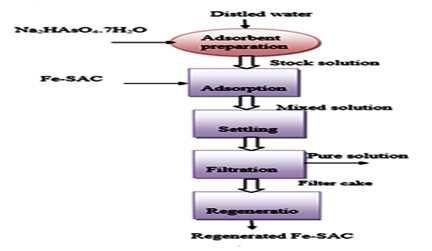
https://doi.org/10.29294/IJASE.6.3.2020.1390-1398
Arsenic is one of the most toxic heavy metals to the environment which cause community health problem due to its high toxic nature. Several physiochemical techniques, such as adsorption, ion exchange, lime softening, reverse osmosis, coagulation and precipitation are used for arsenic removal but in this study, adsorption wasused because of its simplicity to use and availability of a wide range...
Read More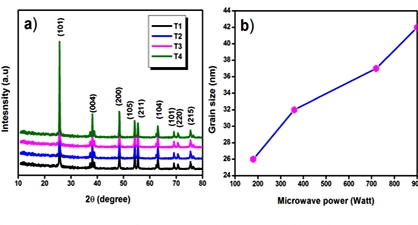
https://doi.org/10.29294/IJASE.6.3.2020.1399-1407
A simple, rapid, and one step microwave assisted synthesis of high-performance TiO2 nanoparticles within 15 min without using any post annealing treatment. The microwave irradiation power is varied from 180-900 W. The effect of microwave power on the structural, surface morphology, optical and photocatalytic activity has been systematically investigated. Powder XRD results suggest that TiO2...
Read More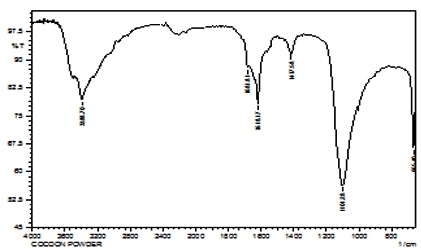
https://doi.org/10.29294/IJASE.6.3.2020.1408-1412
Increasing demand of biodegradable and environment friendly product which could be obtained from waste and serves as an raw product behaving in a sustainable system of cradle to cradle is very much in demand and appreciated. The waste cocoon which has potential amino acids and properties which are still unexploited is used in various stages of textile processing and even in the treatment of the...
Read More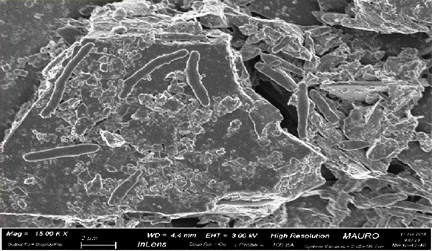
https://doi.org/10.29294/IJASE.6.3.2020.1413-1418
The study is aimed to monitor bioremediation of hydrocarbon-polluted soils by measuring geophysical electromagnetic parameters. A previous study at lab scale showed that biostimulated indigenous microorganisms can remove diesel oil from soil successfully. Herein, we focused on the result of a laboratory test using Time Domain Reflectometry (TDR) probes to measure electrical conductivity and...
Read More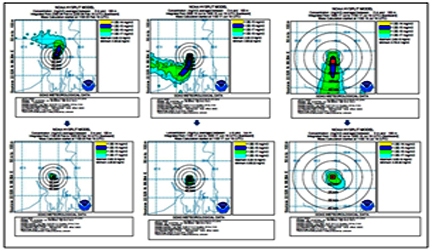
https://doi.org/10.29294/IJASE.6.3.2020.1419-1423
Air pollution in the city of Kolkata is an indispensible issue which is becoming an acute urban malady and affecting the livelihoods of susceptible individuals in the city’s growing population. Acute respiratory symptoms are frequently seen in the susceptible groups of the population which are characterized by respiratory distress, tachypnea, shortness of breath, acute interstitial pneumonia....
Read More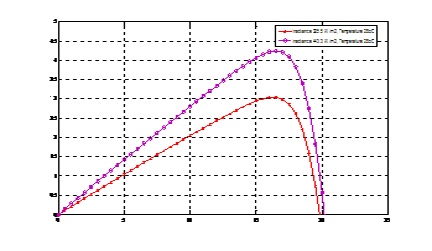
https://doi.org/10.29294/IJASE.6.3.2020.1424-1429
The PV system performance is dependent upon the temperature and irradiance conditions. Matching the experimental values and simulation values under different irradiance and temperature is the main objective of this paper. Simulation of the solar photo voltaic system is done using basic formula. Simulation model is then observed for validation of performance evaluation by analytical approach and...
Read More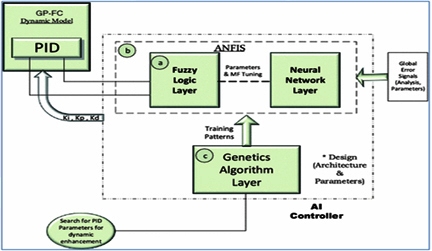
https://doi.org/10.29294/IJASE.6.3.2020.1430-1438
In this work, the soft computing techniques based intelligent model reference adaptive controller was explained with proposed method. The intelligent supervisory loop is added to the conventional Model Reference Adaptive controller (MRAC) function. In conventional MRAC method, the controller is designed to realize the system output response to the reference model output response based on the...
Read More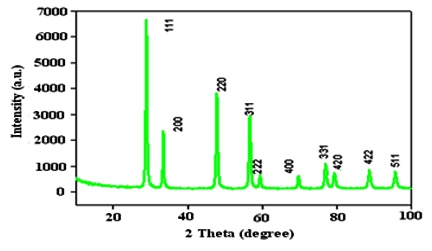
https://doi.org/10.29294/IJASE.6.3.2020.1439-1444
The present work focuses on the green synthesis of Cerium Oxide nanoparticles using aqueous solution of Coriandrum sativum leaf extract. Cerium nitrate is used as precursor for the preparation and Coriandrum sativum leaf extract is used as an effective reducing agent. The optical properties of biosynthesized CeO2 nanoparticles are characterized by UV-Vis spectroscopy which shows the surface...
Read More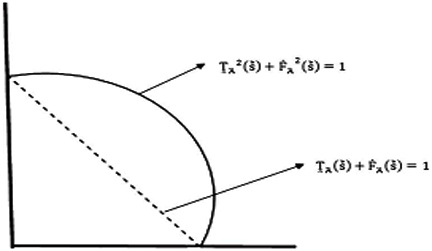
https://doi.org/10.29294/IJASE.6.3.2020.1445-1448
In this study, It is proposed to study the various distance measures over temporal intuitionistic fuzzy sets of second type and also give numerical examples for TIFS and its distance measures . Distance between temporal new definitions are introduced and compared with the approach by using Intuitionistic Fuzzy Sets of Second Type. All the three parameters describe that the Temporal...
Read More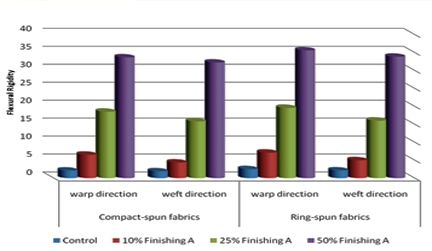
https://doi.org/10.29294/IJASE.6.3.2020.1449-1455
This study investigates the effects of fluorinated or non-fluorinated water-repelling finishes on woven cotton fabric properties of ring and compact plain cotton fabrics made from Egyptian cotton variety (Giza 92). Spray rating test, stiffness, flexural rigidity, tensile strength and Elongation were done to assess the effect of water-repellent finishes on treated cotton fabric properties. The...
Read More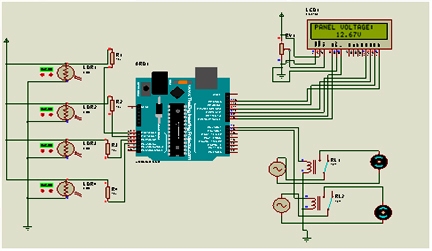
https://doi.org/10.29294/IJASE.6.3.2020.1456-1461
The dual problems of energy shortage and global warming brought at the forefront of public interest the development of strategies for harnessing renewable energy resources. Solar power is among the most promising sources of renewable energy. Sun trackers can significantly improve a photovoltaic (PV) system’s electricity production. This paper presents a novel approach to design of an automatic...
Read More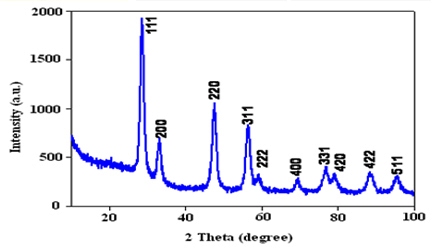
https://doi.org/10.29294/IJASE.6.3.2020.1462-1468
The present work aims to synthesize CeO2 nanoparticles using Azadirachta Indica leaf extract as a reducing agent and Cerium nitrate as precursor. The crystalline nature of the synthesized CeO2 nanostructure was characterized by X-ray diffraction (XRD) and grain size was observed at 7.61 nm. The FT-IR spectrum provides qualitative and quantitative information of functional groups present in the...
Read More
